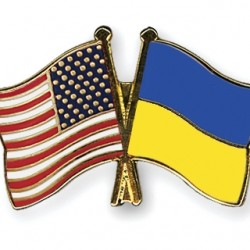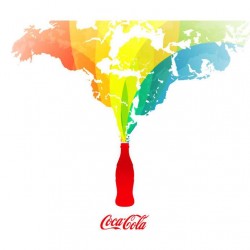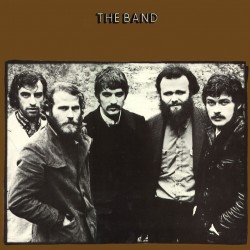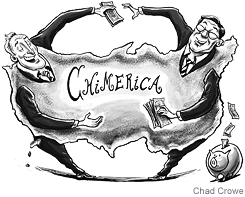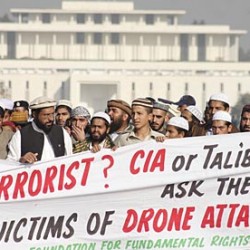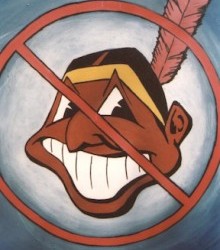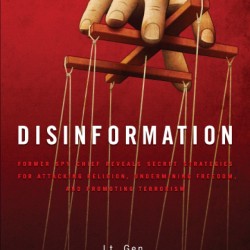War and Thanks: A Troubled History of Thanksgivings
by Randa Tawil

Thanksgiving was declared a national holiday during the Civil War
I remember clearly on Thanksgiving Day, 2006, a New York Times article came out which concluded that more Iraqi civilians had been killed the previous month than in any other month since 2003 invasion. As Americans gobbled turkey and posted warm Thanksgiving wishes on facebook, Iraqi people were dying because of an unjust war started by Americans—and yet, this dissonance was left unheard and most Americans left unbothered.1 Yet, the pairing of violence and thanks seems to be the true story of Thanksgiving, because Thanksgiving has always been a strategy to bolster America’s true mission: colonialism and expansion through military force.
Much has been written about the settler colonial routes of Thanksgiving, and the fabrication of the normalizing effect of the pilgrim story. However, the first Thanksgivings were intermittent days for religious observation, usually celebrating a victory over particular Native American tribes and land expansion. In 1637, John Winthrop, head of the Massachusetts Bay Colony, declared a thanksgiving feast for the successful massacre of hundreds of Pequot Indians and acquisition of their lands. In 1676, a thanksgiving was declared for the End of King Phillip’s War, when more land was acquired for the colonies. George Washington declared a thanksgiving at the end of the War for Independence, to ask God
that we may then all unite in rendering unto Him our sincere and humble thanks for His kind care and protection of the people of this country previous to their becoming a nation; for the signal and manifold mercies and the favorable interpositions of His providence in the course and conclusion of the late war… and, in general, for all the great and various favors which He has been pleased to confer upon us.2
After this proclamation, thanksgivings were still sequestered to New England without greater national significance. Throughout the early 19th century, different states had Thanksgivings at different times of year, and different church sects declared days of thanks at different times. It was not until the Civil War that Thanksgiving became nationalized.
Lincoln declared his first days of thanks after the union victories in Gettysburg and Vicksburg, however, by this time many in the North were urging Lincoln to nationalize the holiday as a form of national solidarity and bridging family values with those of the nation. As Sarah Josepha Hale, the editor of Godey’s Lady Book wrote: “If every State should join in union thanksgiving,” she implored in one essay, “would it not be a renewed pledge of love and loyalty to the Constitution of the United States, which guarantees peace, prosperity, and perpetuity to our great Republic?”3
Lincoln did nationalize the holiday during the Civil War as a way to tie familial celebration with the nation-state, and reinforce the American national project. This only became more relevant to conservatives during the great waves of immigration at the end of the 19thcentury. By having immigrant families reenact the story of the first white settlers, immigrants could model themselves off the pilgrims and thus align themselves with the mission of the white settler society they entered.
While thanksgiving was not uniformly a sit-down celebration (“Thanksgiving Masking” was a common activity in New York in the early 20th century)4, it became a time to think of soldiers abroad, think of family, and implicitly the nation-state.
So I was wrong after all. There was no dissonance to the deaths of Iraqis and Americans’ enjoyment of Thanksgiving. Actually, it made perfect sense.
1 Sabrina Tavernese, “Civilian Death Toll Reaches New High in Iraq” New York Times, November 23, 2006.
2 A Compilation of the Messages and Papers of the Presidents, Volume 1. James D. Richardson, ed., New York, Bureau of National Literature, Inc., p. 56.
3 http://www.zocalopublicsquare.org/2012/11/21/happy-thanksgiving-yankee-supremacists/ideas/nexus/
4 http://theboweryboys.blogspot.com/2011/11/happy-thanksgiving-masking-pleasures-of.html
